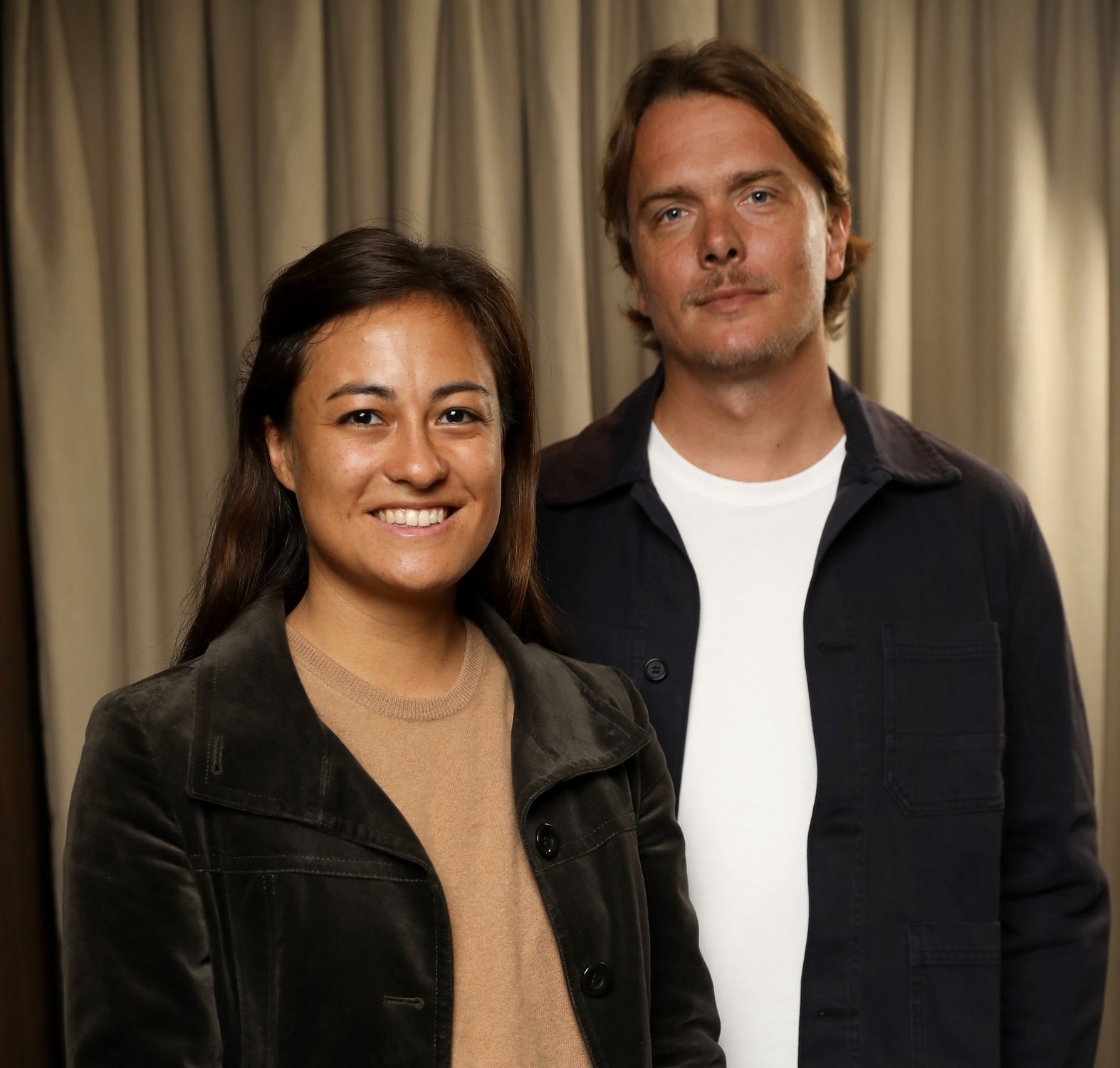Kompagnon Fellow 2022 Jonas Bak & Charlotte Lelong
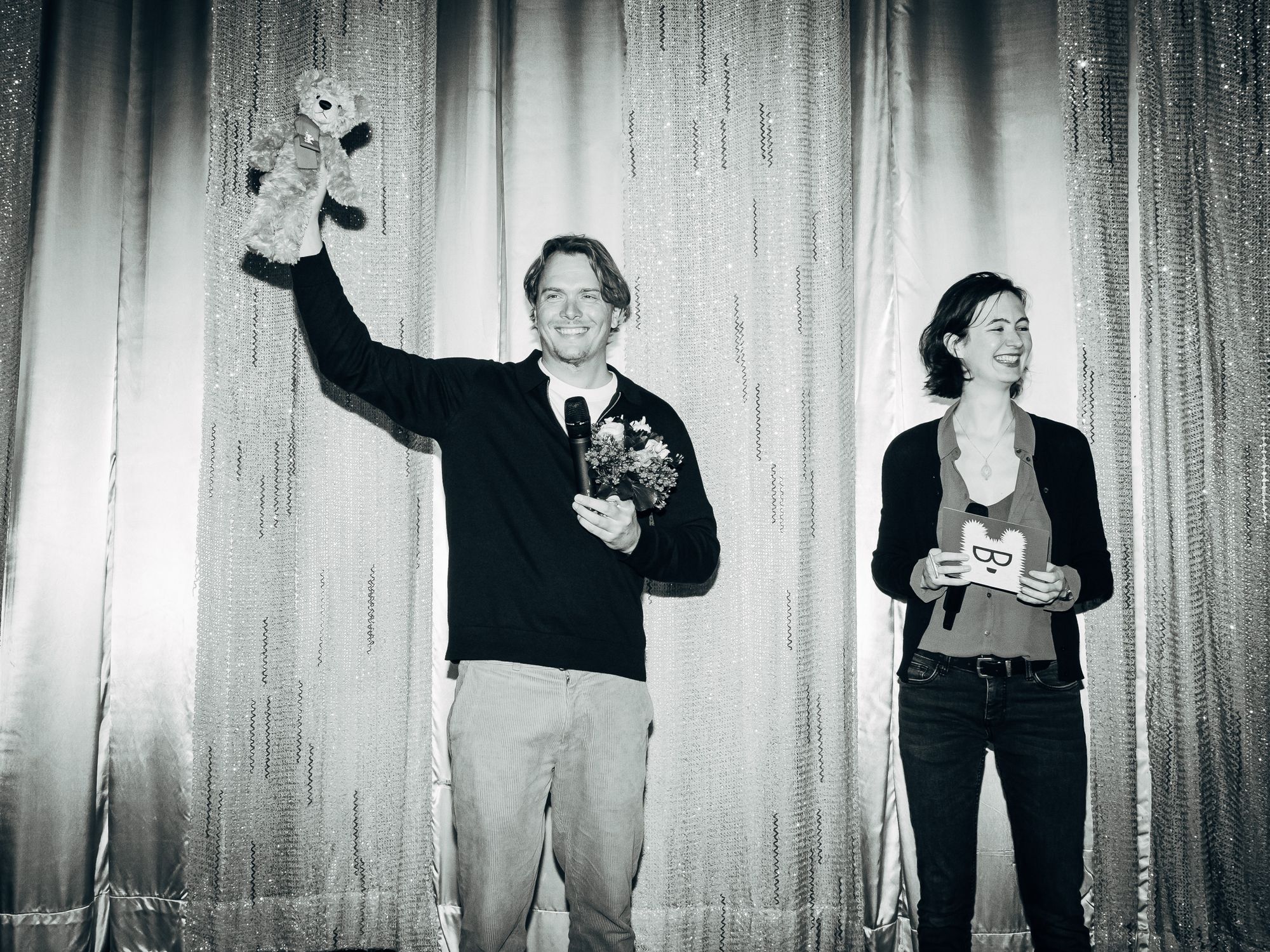
Now in its seventh year, the Kompagnon Fellowship was set up by Berlinale Talents and Perspektive Deutsches Kino to support two Germany-based directors or screenwriters in their artistic and professional development. For the first time in 2023 the Kompagnon Fellowship is supported by the German Federal Film Board (FFA).
Last year, Jonas Bak was awarded the Kompagnon Fellowship with his project She Makes and Unmakes, which tells the story of a couple dealing with mental illness and identity struggles. Born in Konstanz, Germany, Jonas studied film directing at Edinburgh College of Art before moving to London in 2015 and then Hong Kong in 2018 to work as a freelance film director and director of photography. He wrote and directed two short films, Wanderdrachen (2016) and One and Many (2017), both of which were screened at international film festivals. Wood and Water (2021) was his first feature film and premiered at the 71st Berlinale.
One of the producers of She Makes and Unmakes is Charlotte Lelong, who worked as a commercial lawyer before turning to film production and foundinf the independent production company Trance Films based in France in 2020. Charlotte is French-Japanese and produced Jonas' short films and feature film. She also happens to be a 2023 Berlinale Talent and Jonas' wife.
We spoke to the pair about the project, its development, and their connection to the Berlinale.
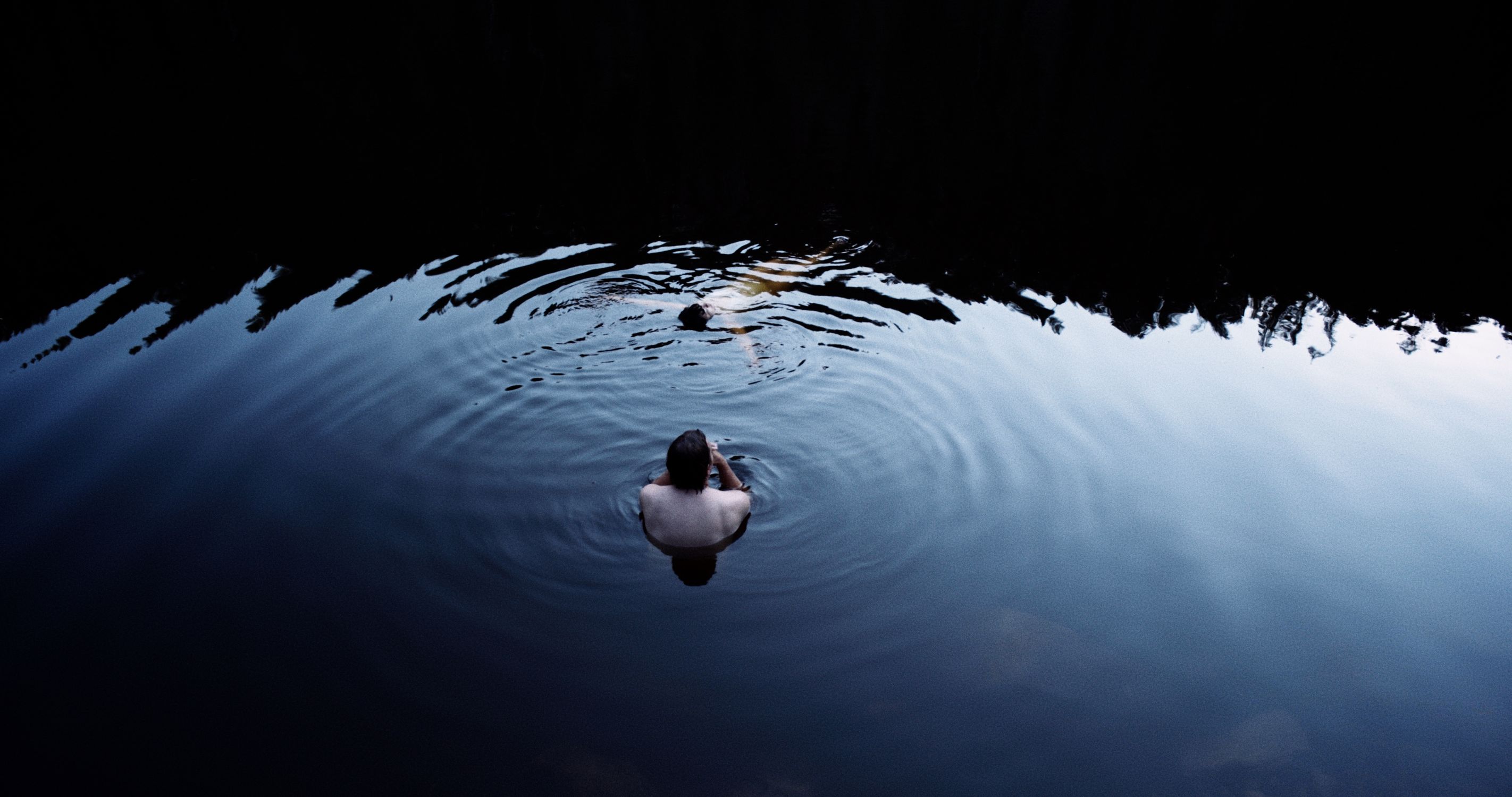
You were awarded the Kompagnon Fellowship at Berlinale Talents last year for your project “She Makes and Unmakes” Can you tell us a bit about the film?
JONAS. The film frames a certain time in the life of a transcultural couple, she's from Hong Kong and he's from Germany. That time is the end of youth, when decisions begin to carry more weight, especially regarding love and commitment. We follow them as they navigate an individual crisis and their common search for a place to call home.
The Kompagnon jury described it as “a universal love story…that deals with major life crises which are often tabooed or stigmatised”. What drew you to this particular subject matter?
JONAS: The central quest of the film revolves around healing the protagonist's modern malaise, his struggle with his identity. Can returning home, to where he grew up, resolve it? I want to challenge this solution, because from personal experience I don’t believe it can be that simple. Much of my family were refugees after WWII, migrating from East Prussia and Brandenburg to the Black Forest. They never called it their home, not my parents, not even my two siblings. I inherited some of this feeling of displacement and as soon I could, I moved away, to cities and foreign countries. From early on, my life has been a constant search for a place to call home, a place where I want to live (amongst those places was Hong Kong). Until I realised that it is an aimless search. There is a growing collective feeling in the world that we don’t all have a place where we feel we deeply belong. Ultimately, I want the characters in the film to learn that beyond any physical place, they have to hold onto the home they have found in each other.
How has the project progressed in the last year?
CHARLOTTE: Last year has mostly been focused on working on the story and developing this complex global cartography of emotions and contrasts. We are grateful that we received script development funding from MFG Baden-Württemberg and could invest the time and effort into this research. Additionally we have participated at TFL Script lab and received very helpful feedback from different perspectives. And thanks to the Kompagnon Fellowship prize money, we were able to do a proof of concept test shoot in the summer, to evaluate and develop an ambitious visual approach, where we want to shoot every scene of the film as a continuous tracking shot.
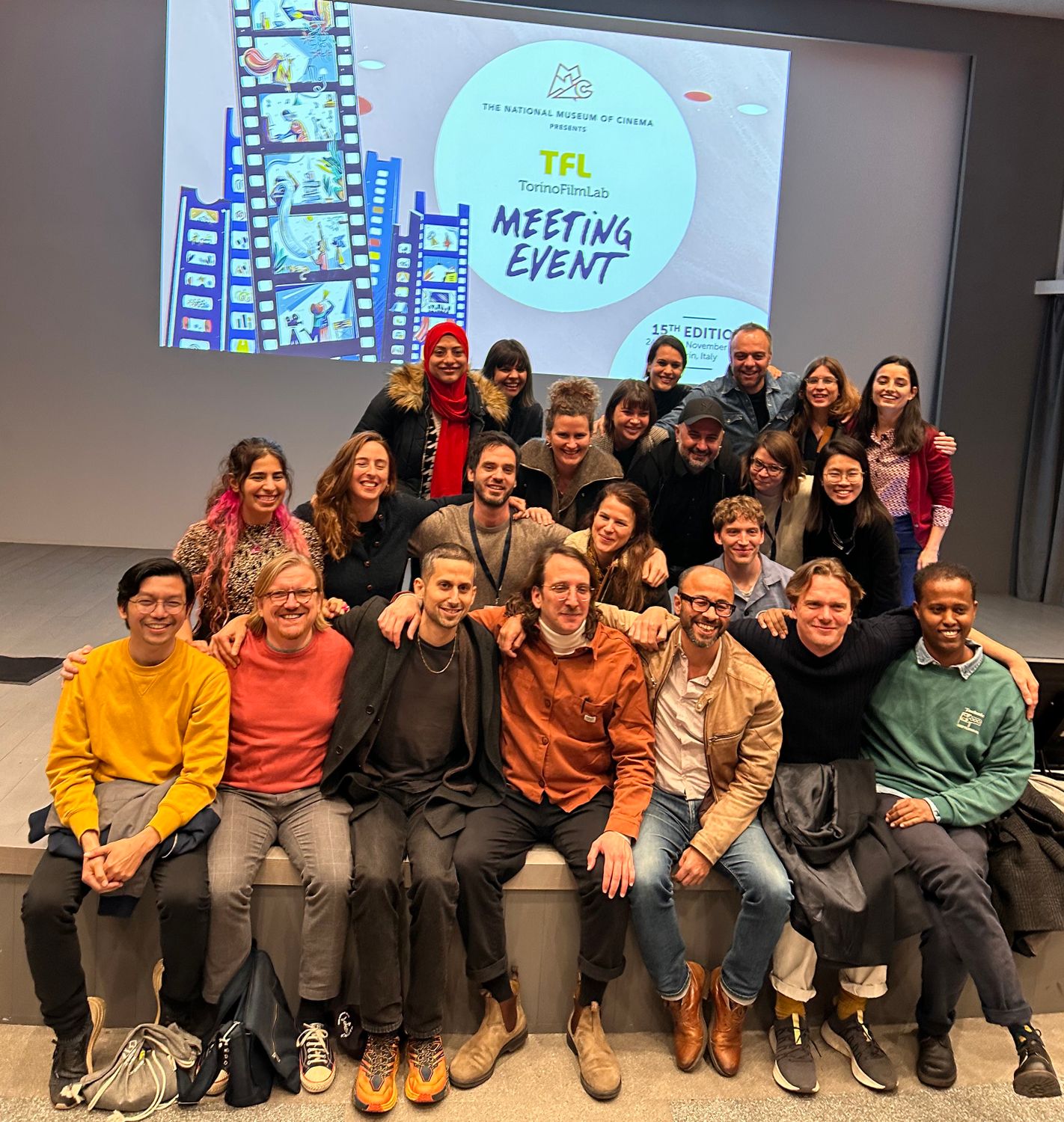
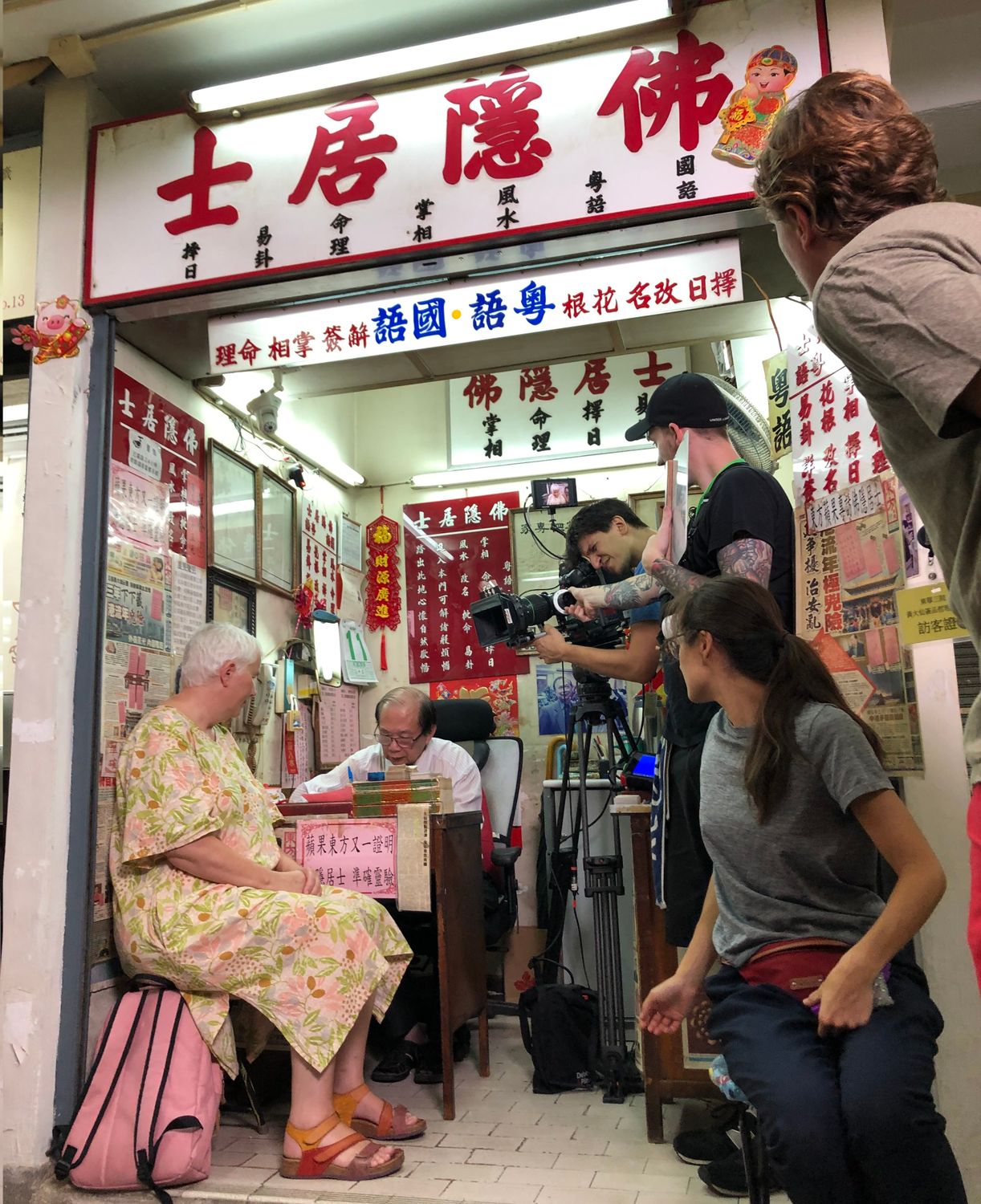
Can you give us an insight into the production process?
CHARLOTTE: We are a three person team on the production side, as a German French co-production between Ama Film and Trance Films (Charlotte Lelong from Trance Films, and Ulla Lehmann and Andrea Roggon from Ama Film). This is our second project together after Wood and Water, Jonas' first feature film; and we are also counting on the collaboration with a Hong Kong independent producer on this new project. We are currently participating in the Ties That Bind Asia / Europe co-production workshop organised by EAVE, which is helping to strengthen the project and increase opportunities for collaboration with Asia. We plan to start financing this summer, and ideally be able to start shooting at the end of 2024.
Once the She Makes and Unmakes is finished, do you hope to return to the Berlinale with it? And can we count on you as an expert guest at Berlinale Talents?
BOTH: Of course, we hope so! After showing our first film at the festival and Charlotte now taking part in Talents, it would be great to continue this relationship. Thanks for having us!
This year’s Berlinale Talents theme is “You Must Be Joking: Humour in Serious Times”. What brings you joy in serious times?
BOTH: Simple things like being with friends and family, going on long walks in the forest, doing sports, and fictions of all sorts.
